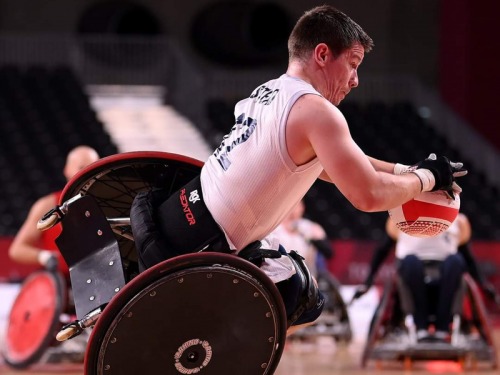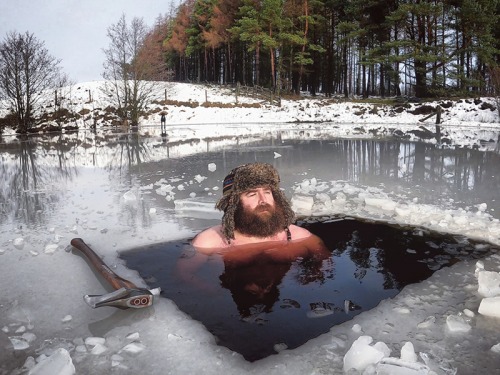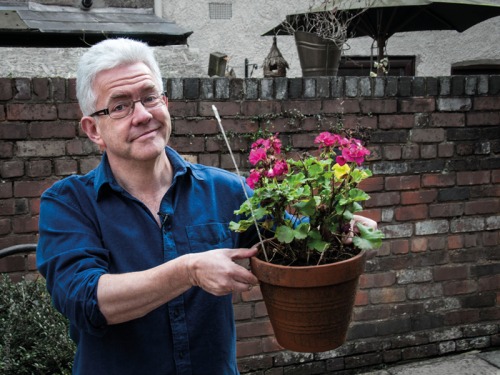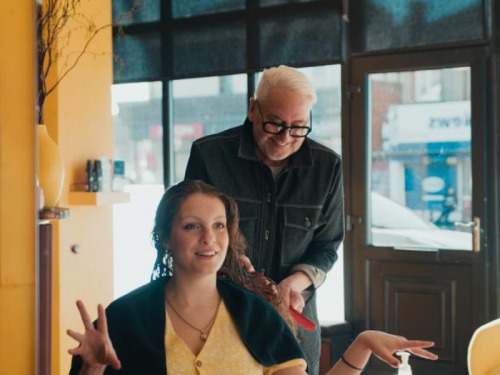Man of the Moment: Jamie Harley
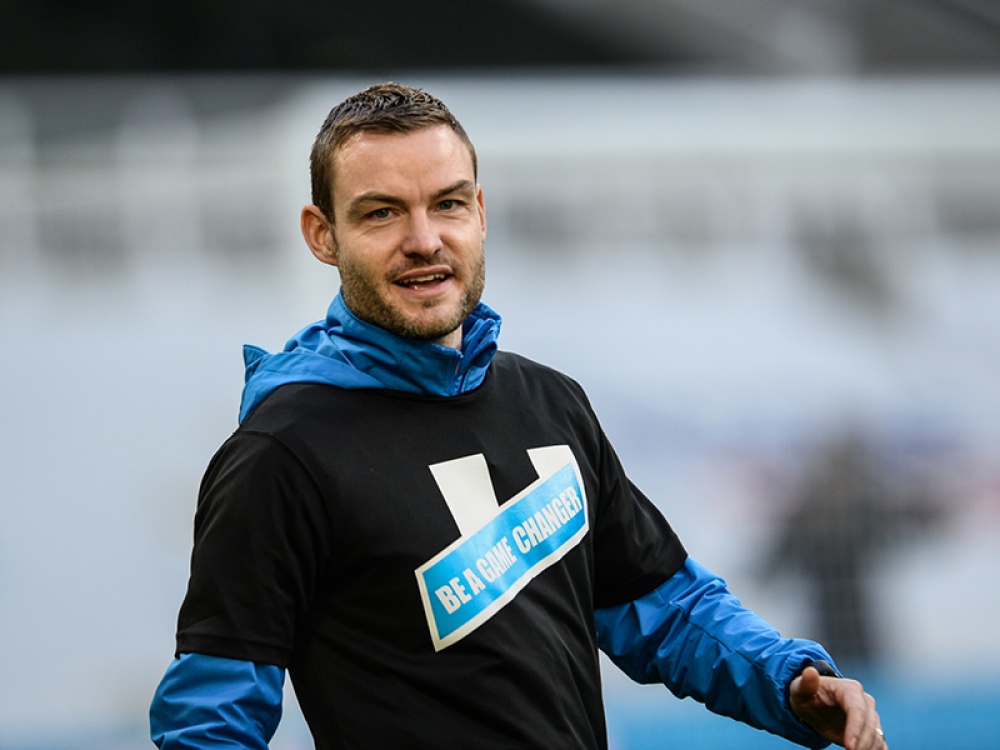
Jamie Harley talks everything football as he reflects on his inspirational career nurturing our young athletes
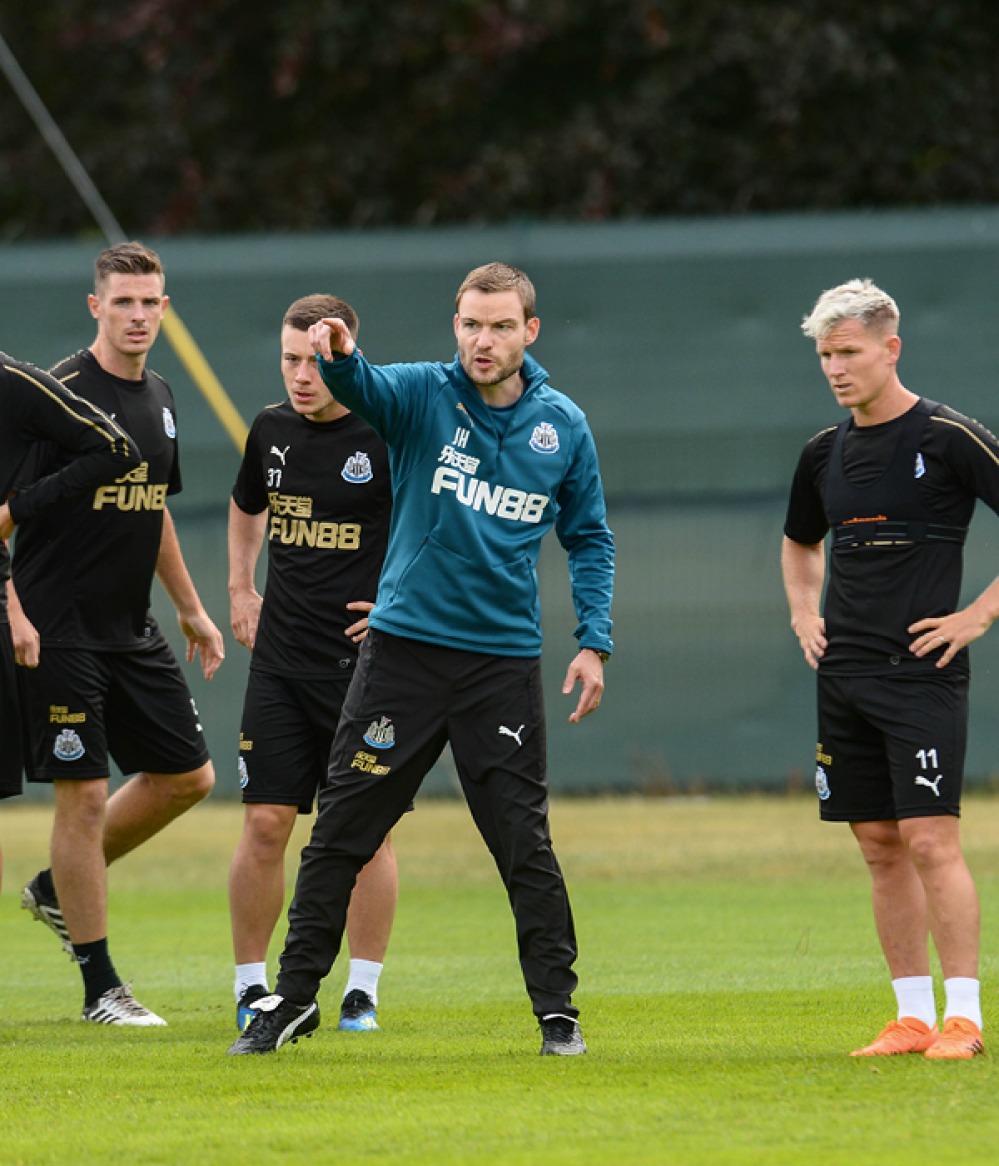
Football is a sport that’s entwined with the culture of the North East, if not the nation as a whole. Our players are under constant watch by their adoring fans, coaches, families and the media. While this can be a good thing, a channel of support; it can also be a direct line to constant personal abuse. With men as young as 18 travelling across the globe and leaving their families to join the UK’s football clubs, Stockton-on-Tees’ Jamie Harley has used his skills as both a world-class sports scientist and natural empath to support these players to be at the top of their game mentally as well as physically.
‘I’m a sport scientist at my core. Sport science is quite a broad term, but it essentially covers fitness training – recovery, psychology, nutrition, rest, player wellbeing, and everything in-between,’ explains Jamie. ‘It’s all about getting the player ready for that game, supporting them everywhere from the pitch to the gym.
‘I took a great interest in the more psychological side of sports science. You have the performance side of psychology – this could be how you prepare yourself mentally for a game, how you take conversions or shots with all the noise and pressure going on around you. But outside of that is the personal wellbeing of the player, the mental health and stress,’ Jamie elaborates. ‘The more I worked with players, the more confident I became, working with players from drastically different backgrounds and upbringings. Some came through local academies, others came from Brazil, South America, New Zealand – all living in completely different environments, often away from their homes and isolated from their families,’ he continues. ‘I started picking up on the signals more and more that players were sometimes struggling, either physically, or by being left out of the team. The ones I began to notice most were those that had issues going on outside the football club. I felt like I needed to do more to learn about that area of player care and to find ways to help players mentally.’
Jamie became a port of call for Newcastle United players, working as their senior sports scientist for over a decade. He was the first and most consistent face new players saw, a man who was responsible for their health and vigorous training regime. This made Jamie an easy person for players to chat to, as well as receive first-rate advice from. ‘A player’s first day was spent doing body composition and physical performance tests, so I was always the first point of contact. It got me in a position of familiarity with the players. I wouldn’t get too close as to jeopardise my professional duties, but I could cultivate a mutual respect so that they knew they could be comfortable talking to me confidentially, for advice or to get things off their chest,’ Jamie explains.
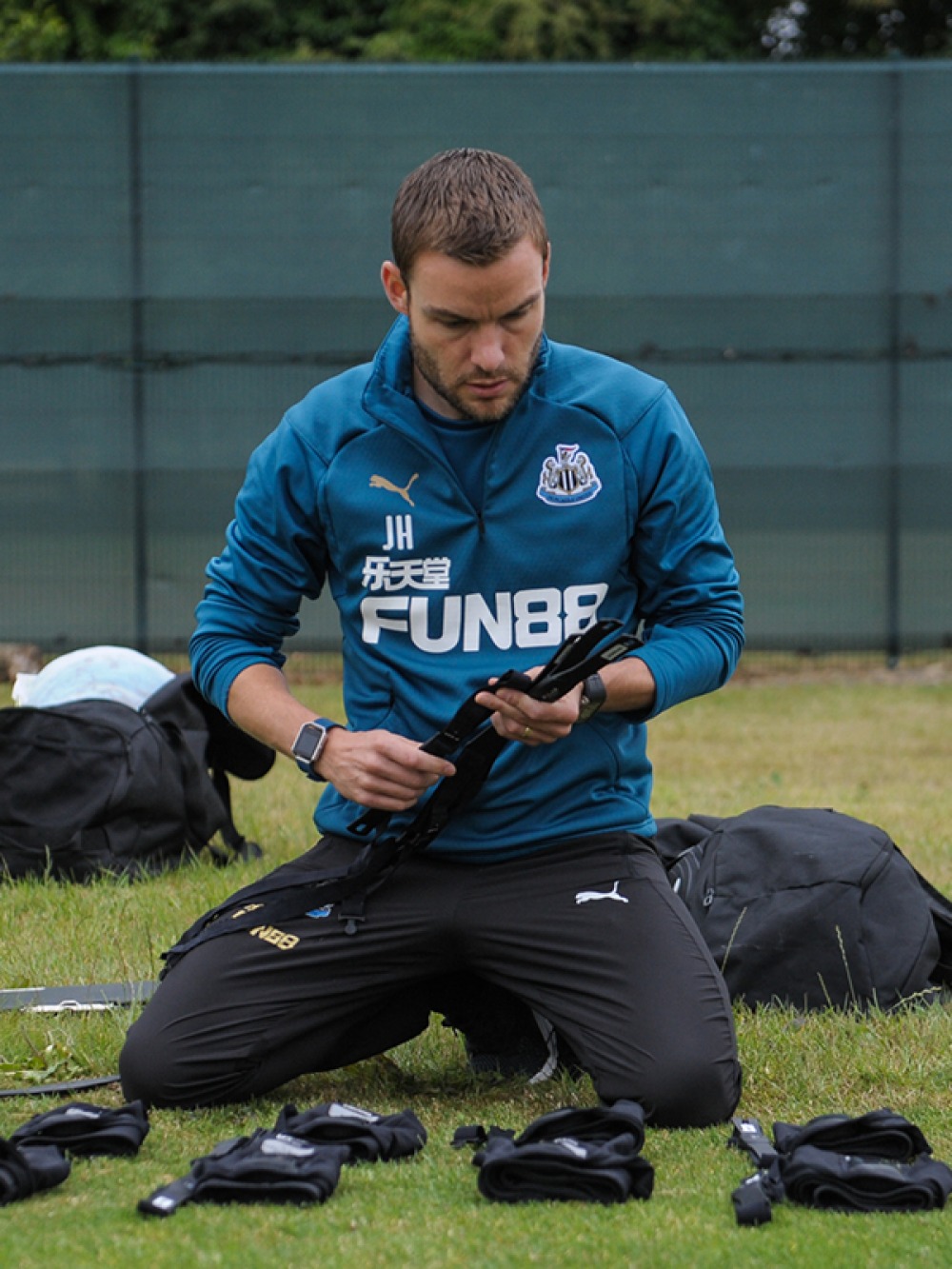
Jamie’s dedication to the well-being of the players and his own personal exposure to suicide trauma drew the attention of the Newcastle United Foundation’s Be A Game Changer campaign, a project that uses football to spread suicide prevention awareness across the North East.
‘Suicide is a huge issue when it comes to men in the North East, especially in the demographic of football. There was an opportunity there to connect with that demographic, so I attended one of the Newcastle United Foundation sessions at St James’ Park,’ Jamie explains. ‘After that I started speaking at the online events which led on to me being asked to become an ambassador for the foundation. I’ve been able to use the platform I had within the football club to connect with our fans and supporters, and that’s something I was really proud to do.’
Jamie has tragically lost two of his close friends to depression in the last four years, and this has been a catalyst for him to take action and diversify his skills as a sports scientist that looks after the body, heart and mind. This call to action has filtered down into all aspects of his personal life and career, as he helps to raise money for the Headlight Project and inspire more people to speak out about their mental health.
‘The Headlight Project was set up by Catherine Devereux, the widow of Russ Devereux, a good friend of mine who lost his life to suicide back in 2018. It was set up as a way of providing crisis support to young kids in school,’ Jamie explains. ‘I got involved with the Headlight Project to raise money for them. Another close friend of mine also took his own life around a year and a half after Russ. It really kicked me into action. It had happened too often and I knew I needed to be more aware of the wider issue. There were no signals leading up to these events to show that they were struggling – it came completely out the blue.’
Having completed his time as the Be A Game Changer ambassador, Jamie has since put further time into helping the future generation of sport professionals in the UK, working as an Associate Professor of Practice at Durham University.
‘I do guest lectures to help the students understand my profession and the inner workings of a football club, and I have ongoing conversations with the university on how to improve the student experience at Maiden Castle, their sports centre – how that can be developed in the future to ensure even higher levels of education in sport,’ Jamie explains.
‘It’s always been my aim to make sure there’s a fresh route through to work for students coming out of university. It’s a mutually beneficial agreement, so I have worked to set up internship schemes to get students working within clubs. We had a link at NUFC with Newcastle University, Northumbria University and Durham University. These internships are how I began this journey when I did my undergrad in Leeds, and I’m very proud to be a part of it moving forward.’
If you want to read more about Jamie’s work with the Newcastle United Foundation, go to nufoundation.org.uk




